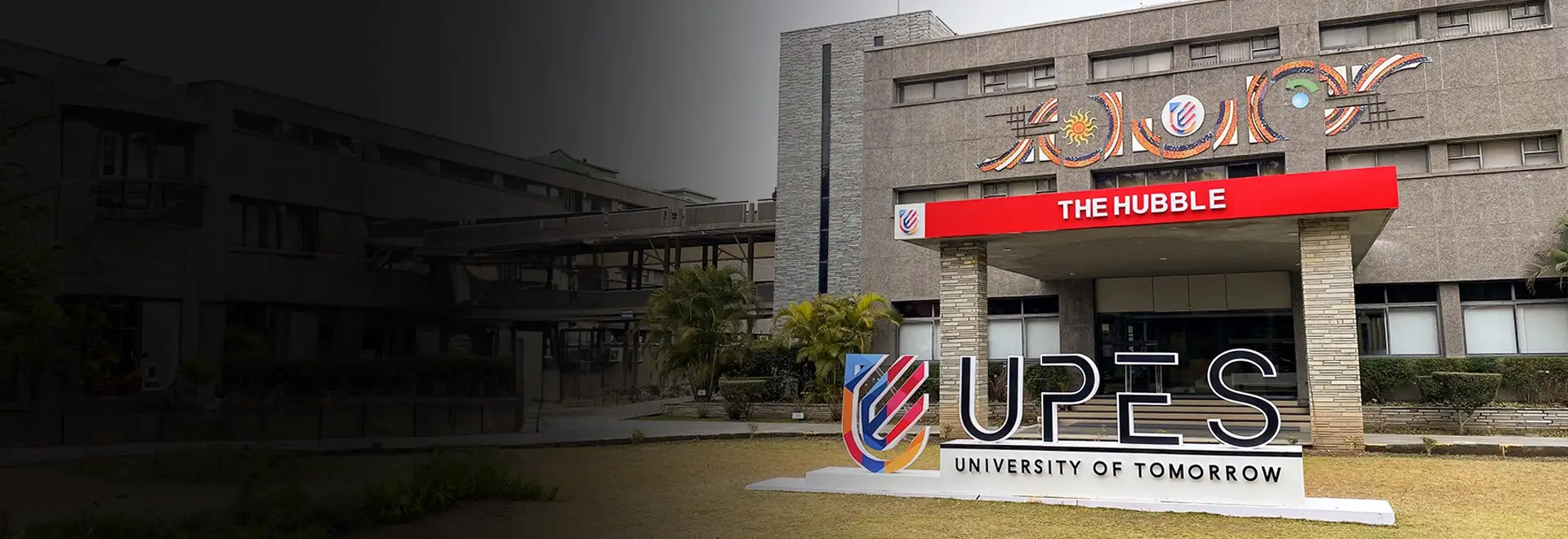- Home
- Sustainable Development Goal
- Sustainable Development Goal 1
Sustainable Development Goal 1: No Poverty
Overview
The 2030 Agenda for Sustainable Development aims to eradicate extreme poverty worldwide by 2030, a goal that has seen significant reductions in extreme poverty, defined as surviving on less than $2.15 per person per day.
Goals under the SDG are:
a. Eradicate extreme poverty
b. Reduce poverty by at least 50%
c. Implement appropriate social protection systems at the national level.
d. Equal rights to ownership, basic services, technology, and economic resources
e. Build resilience to environmental, economic, and social disasters.
Major Activities conducted/policies implemented by UPES to help eradicate poverty through education:
Different scholarships targeted towards meritorious students with financial needs, including those from low-income areas, and underprivileged backgrounds are provided as follows.
− Uttarakhand bonafide resident are eligible for 33% concession in Tuition Fees
− Up to 100% merit scholarship, 50% reserved for girl students
− Sports scholarships
− Freeships to underprivileged students
Through Project Naman initiative, UPES provides support to the kin of Indian Armed Forces Braveheart’s of Uttarakhand attaining martyrdom in service to the nation. Under the project, UPES provides.
− Financial assistance to the family of the martyrs,
− Fund complete school education of one martyr’s children every year
− Support the dependent of the martyr in finding job opportunities.
− Provide special training and development to the martyr’s widow under Shakti, the existing women’s empowerment initiative.
− Offer full higher education scholarships to the children of five martyrs from Uttarakhand every year
− In the academic year 2022-23, Rs 2, 51,000/- was given to the Veer Nari Smt Lata Devi Ji (wife of Late Naik Harendra Singh ji) along with a letter to provide free education for both the kids and job to one member of the family.
− Till date 20 families have been supported.
Project Vikalp empowers rural women through eco-friendly crafts.
− 625+ women empowered.
- Project Artisan empowered 27 Ladakh women weavers by imparting design skills for collective production and sales of back-strap loom carpets, emphasizing responsible consumption and production using affordable, clean energy.
- Project UK aims to address remote community poverty by building a network of experts.
- UPES funded organization DivIn Pro, an impact driven BPO led by women and marginalized professionals, seeks to end period poverty and promote sustainable development, to alleviate menstrual material shortages and reduce period poverty.
